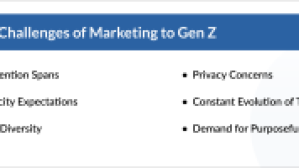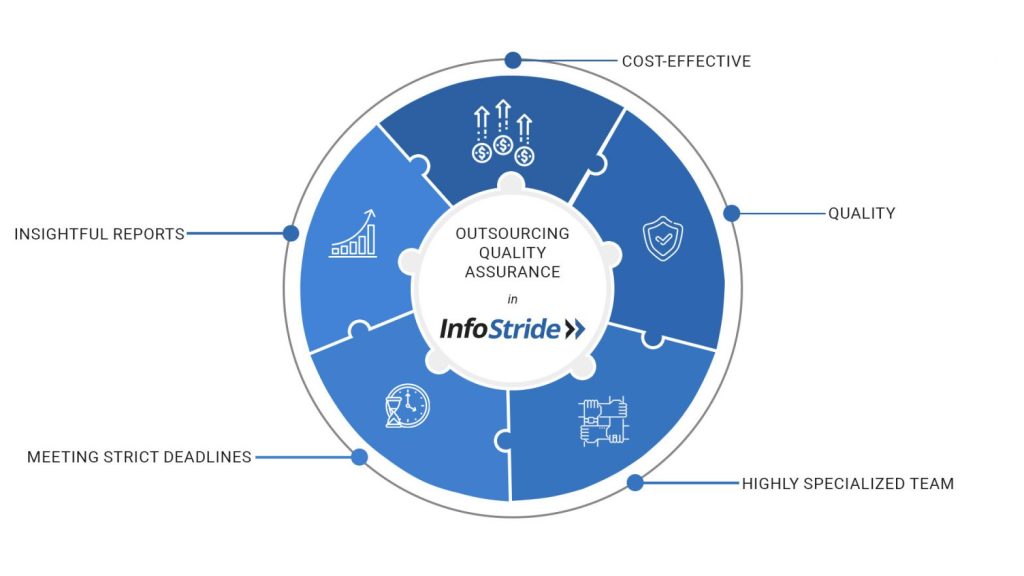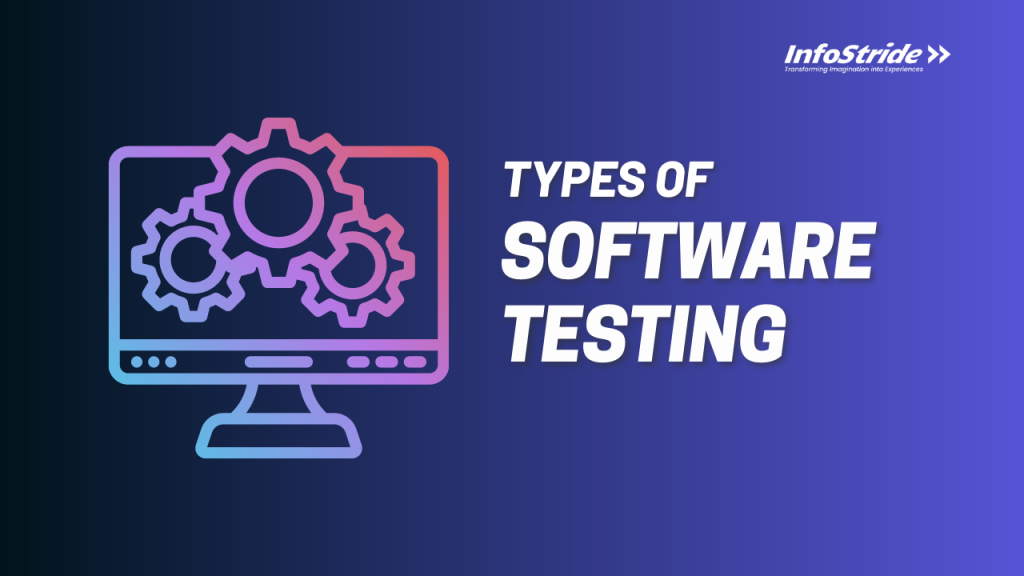Today, more brands are scrambling to target Generation Z in their marketing strategies.
After all, this digital native generation holds a whopping $143 billion in annual buying power in the US alone and it’s only expected to grow in the future.
But Gen Z presents a unique challenge for marketers. They’re tech-savvy, value-driven and appreciate authenticity. To capture their attention, you need to ditch traditional tactics and embrace a fresh approach. In this comprehensive post, we’re going to unveil strategies for marketing to Gen Z the right way.
Who are Gen Z?
Generation Z, often abbreviated as Gen Z, is also known as “Zoomers”. They are individuals born between the late 1990s and early 2010s (roughly between 1996 and 2012). They are considered the first generation of true digital natives, having grown up in an era where technology, social media, and instant connectivity are crucial aspects of daily life.
The Key Challenges of Marketing to Gen Z

While marketing to Gen Z presents significant opportunities, it also comes with its unique set of challenges. Understanding and addressing these challenges is essential to effectively engage with this dynamic demographic. So, let’s have a look at some of the key challenges of marketing to Gen Z:
1. Short Attention Spans
Gen Z has grown up in a fast-paced digital era, resulting in shorter attention spans. Capturing their attention in a world bombarded with information requires innovative and concise messaging.
2. Authenticity Expectations
Gen Z craves genuine experiences. They prefer brands that tell honest stories, embrace humor without forced trends, and showcase real-life experiences. So, brands must be genuine, transparent, and align with the values of this discerning generation to build trust.
3. Platform Diversity
Gen Z is active across various digital platforms, from well-known ones like TikTok and Instagram to emerging platforms. Maintaining a consistent brand voice and message across different platforms poses a challenge for marketers.
4. Privacy Concerns
Growing up in a world of heightened privacy concerns, Gen Z is more cautious about sharing their personal information. Thus, you need to prioritize data security and communicate transparently about data usage.
5. Constant Evolution of Trends
Gen Z is at the forefront of rapidly evolving cultural and digital trends. Staying abreast of these shifts requires brands to be agile, adaptable, and ready to pivot their Gen Z marketing strategies in response to evolving preferences.
6. Demand for Purposeful Brands
Gen Z is attracted to brands with a clear sense of purpose and dedicated commitment to social and environmental causes. Brands that lack a meaningful narrative may find it challenging to resonate with this socially conscious generation.
Top 10 Gen Z Marketing Strategies for 2024
So, how to market to Gen Z? It’s time to discover Gen Z marketing strategies to forge meaningful connections with them.
1. Align your brand with Gen Z’s core values
Aligning your brand with Gen Z’s core values can help you establish a deep connection and set up apart from others.
- 68% of Gen Z expects brands to contribute to society.
- 61% of Gen Z is willing to pay more for products that are produced ethically and sustainably.
- 71% of Gen Z wants to see more diversity in advertising.
- 77% of Gen Z feels more positive towards brands that promote gender equality on social media.
When aligning your brand with Gen Z’s passion for social justice, sustainability, and inclusivity, showcase genuine commitment through actions, not just words. Support relevant NGOs and be transparent about your impact.
2. Build a community around your brand
Gen Z craves connection and belonging. Forget one-way brand messaging; create a space where they can interact, share experiences, and feel like insiders. This could be through online forums, interactive social media groups, or offline events. Empower them to contribute, co-create, and be brand ambassadors. Remember, it’s about listening, responding, and fostering genuine relationships.
3. Master the short-form art
The attention span of Gen Z is notoriously short, making short-form content mastery crucial. Make sure to adapt your content to bite-sized and focus on engaging formats like short-form videos, memes, and interactive stories. Think snackable content that delivers quick bursts of fun, information, or inspiration. Remember, clever storytelling, humor, and visually striking content are key elements.
4. Embrace the mobile-first reality
Gen Z is a mobile-first generation, and thus optimizing for mobile devices is non-negotiable. You must ensure that your websites, apps, and content are seamlessly accessible on smartphones of all sizes. Mobile-friendly design, fast loading times, and mobile-app integrations are critical. Moreover, augmented reality (AR) and virtual reality (VR) features on mobile apps can further elevate user experiences and draw the attention of tech-savvy Gen Z consumers.
5. Focus on user-generated content (UGC)
UGC remains a powerful tool for building authenticity and trust. Moreover, Gen Z trusts other Gen Zers far more than conventional advertising. So, when marketing to Gen Z, make sure to encourage your audience to create and share content related to your products or services. This can be accomplished through contests, challenges, or simply by showcasing customer testimonials and reviews. Leveraging UGC for your marketing campaigns will demonstrate that you value your community’s voice and experiences.
6. Collaborate with content creators & influencers to build trust
Influencer marketing continues to be a key strategy in 2024. Moreover, Gen Z often trusts recommendations from influencers over traditional advertising. You should strategically collaborate with influencers and content creators who align with your core values and target audience. Co-create authentic content, host live sessions, or run sponsored campaigns that feel organic and engaging. Authenticity is paramount, and influencers who genuinely resonate with your followers can significantly impact brand perception and trust.
7. Focus on the right social media platforms
Rather than spreading efforts across all social media platforms out there, you should identify the platforms most relevant to their target audience. When marketing to Gen Z, platforms like TikTok, Instagram, and emerging networks should be prioritized.. Adapt your content strategy for each platform, understanding its unique tone and features. Remember, engagement is key – respond to comments, participate in trends, and show up where your audience is.
8. Leverage innovative tech
To captivate Gen Z, you must incorporate innovative technologies. Augmented reality (AR), virtual reality (VR), and interactive features can enhance user experiences. Experiment with interactive AR filters, immersive product experiences, or even virtual events. Remember, innovation grabs attention and creates memorable brand interactions.
9. Embrace omni-channel marketing
Gen Z expects a seamless experience across all platforms. So, make sure to Integrate your online and offline marketing efforts when it comes to Gen Z marketing strategies.. Connect social media campaigns to in-store experiences, utilize QR codes for mobile engagement, and personalize promotions based on their online behavior. Remember, it’s about creating a consistent brand story that flows across all touchpoints.
10. Stay on top of trends
Gen Z is known for adopting and discarding trends quickly. To remain relevant in 2024, you must stay attuned to cultural, technological, and industry trends. Regularly monitor social media, industry publications, and consumer behavior to adapt Gen Z marketing strategies accordingly. Brands that can anticipate and ride the wave of emerging trends will capture Gen Z’s attention effectively.
How InfoStride Can Help You Market to Gen Z?
InfoStride, with its expertise in digital marketing and strategic insights, can play a pivotal role in helping you effectively market to Gen Z. Our marketing experts conduct in-depth research on Gen Z, providing valuable insights into their behaviors, preferences, and trends. This research forms the foundation for crafting targeted marketing strategies that resonate with Gen Z’s unique characteristics.
In short, we’ll be your guide, your translator, and your secret weapon, helping you build genuine connections, foster brand loyalty, and achieve marketing success in today’s highly competitive era.
So, are you ready to crack the Gen Z code? Contact us and let InfoStride be your partner in this exciting adventure!
FAQs
1. What are the key factors to consider when developing a marketing strategy for targeting Gen Z?
Here are some key factors to consider when creating a marketing strategy for Gen Z:
- Digital-First Approach: Gen Z is digitally native, so you should focus on online platforms, social media and mobile experiences in your marketing strategy. Make sure to optimize content for mobile devices and leverage social media platforms where Gen Z is active.
- Authenticity & Transparency: Gen Z values authenticity. So, make sure to be transparent, genuine, and honest in your brand messaging. Authenticity instils trust and resonates with Gen Z’s preference for real content.
- Interactive & Immersive Content: Create engaging and interactive content experiences. Focus on short-form videos, polls, quizzes, and augmented reality (AR) that can capture Gen Z’s short attention spans and deliver memorable brand interactions.
- Social Media: Gen Z is active on platforms like TikTok, Instagram, Snapchat, and Twitter. Tailor your content to each platform’s unique features and stay updated on emerging trends in social media marketing.
- Cross-Channel Consistency: Ensure a consistent brand voice and message across all target channels. Gen Z connects with brands through various touchpoints, so a unified brand presence helps build recognition and trust.
- Community Engagement: Foster a sense of community around your brand. Gen Z appreciates connections and shared experiences. Engage with your audience through social media interactions, live events, and collaborative campaigns that encourage participation.
2. What role does gamification play in Gen Z marketing strategies?
Gen Z loves interactive and gamified experiences. Incorporating elements of gamification, such as quizzes, challenges, or reward systems, can significantly increase engagement and create memorable interactions with the brand.
3. Are there any specific cultural or societal trends influencing Gen Z marketing in 2024?
Yes. Make sure to stay attuned to cultural and societal trends. Gen Z is socially conscious. Thus, marketing efforts that align with current cultural conversations, such as inclusivity, social justice and mental health awareness, can resonate strongly.
4. How crucial is mobile optimization in Gen Z marketing?
Gen Z relies heavily on smartphones for content consumption. Thus, you should ensure that your websites, emails, and advertisements are seamlessly optimized for mobile devices to deliver a positive user experience.
5. How can brands effectively measure the success of their Gen Z marketing campaigns?
You can measure the success of your Gen Z marketing campaigns with key performance indicators (KPIs) such as engagement rates, conversion rates, and social media analytics. Regularly analyzing these metrics can provide valuable insights for ongoing strategy refinement.











